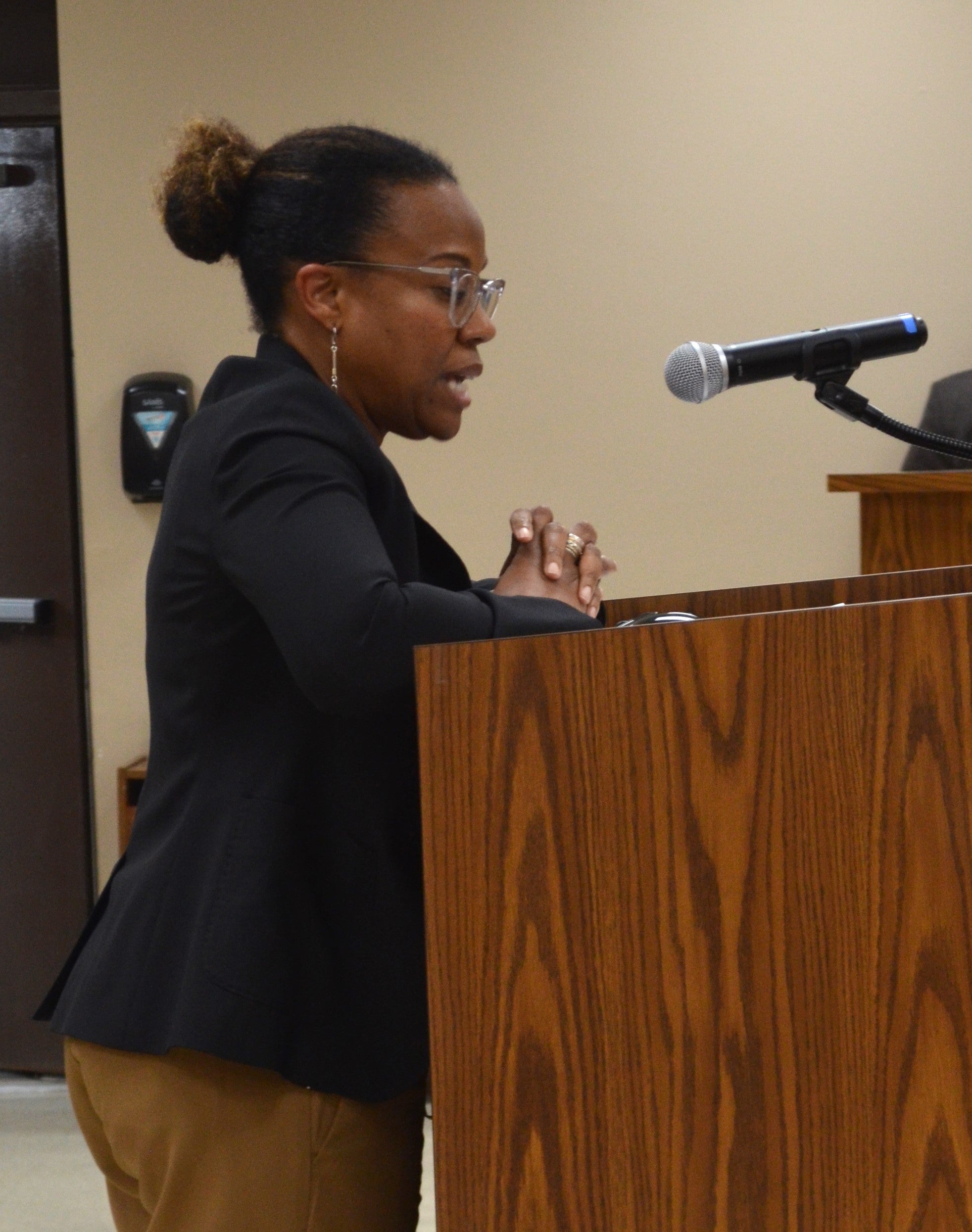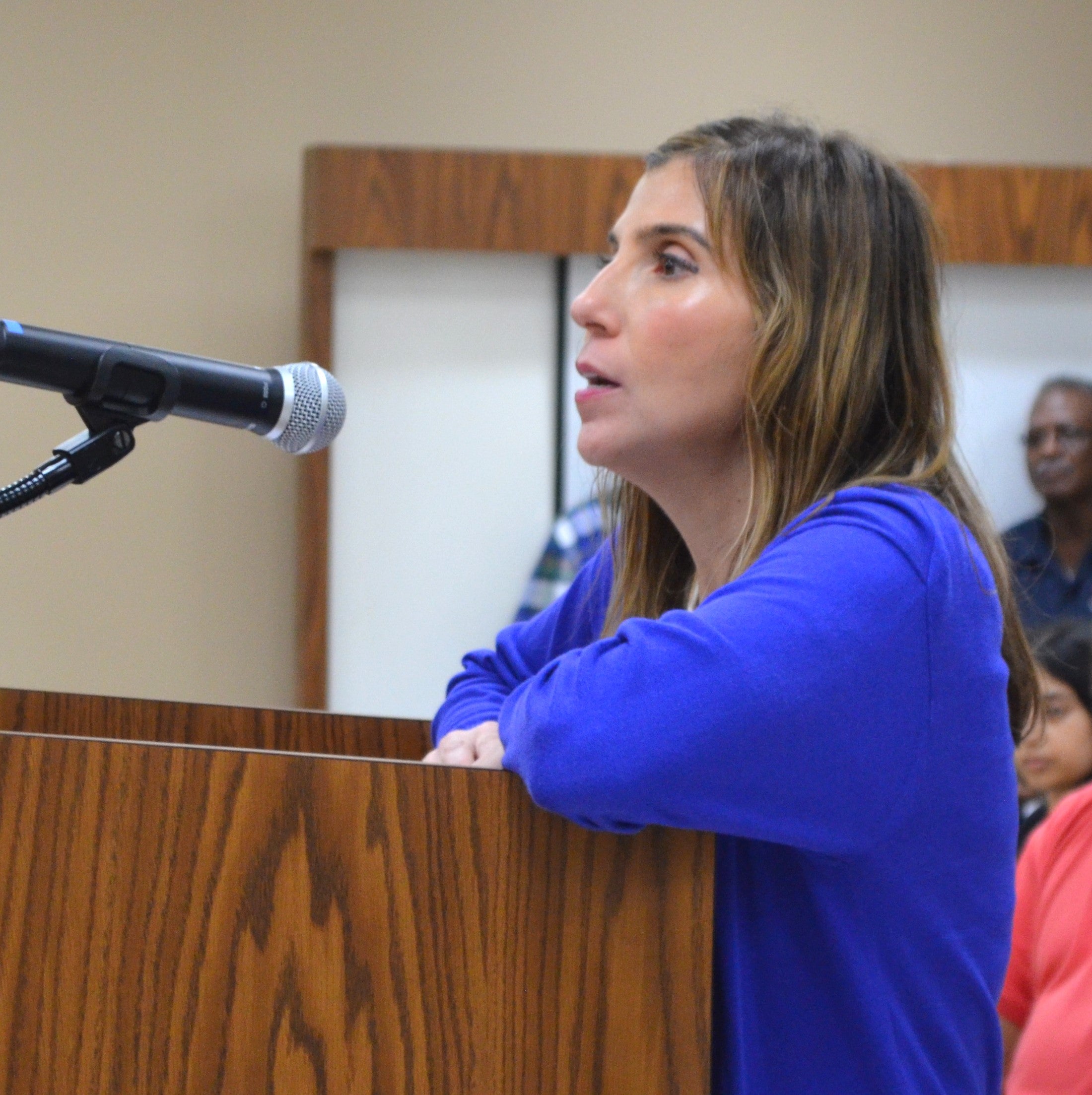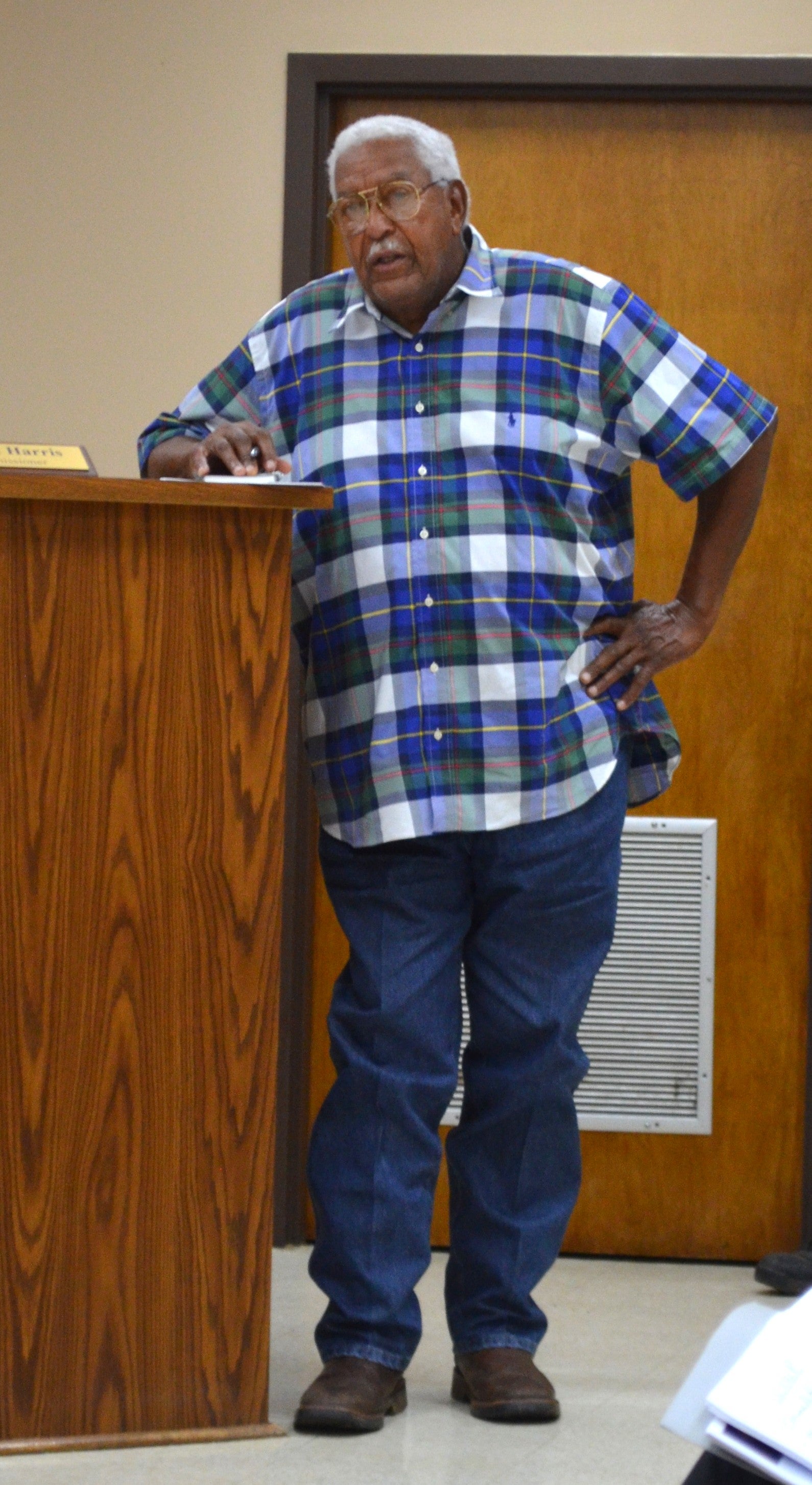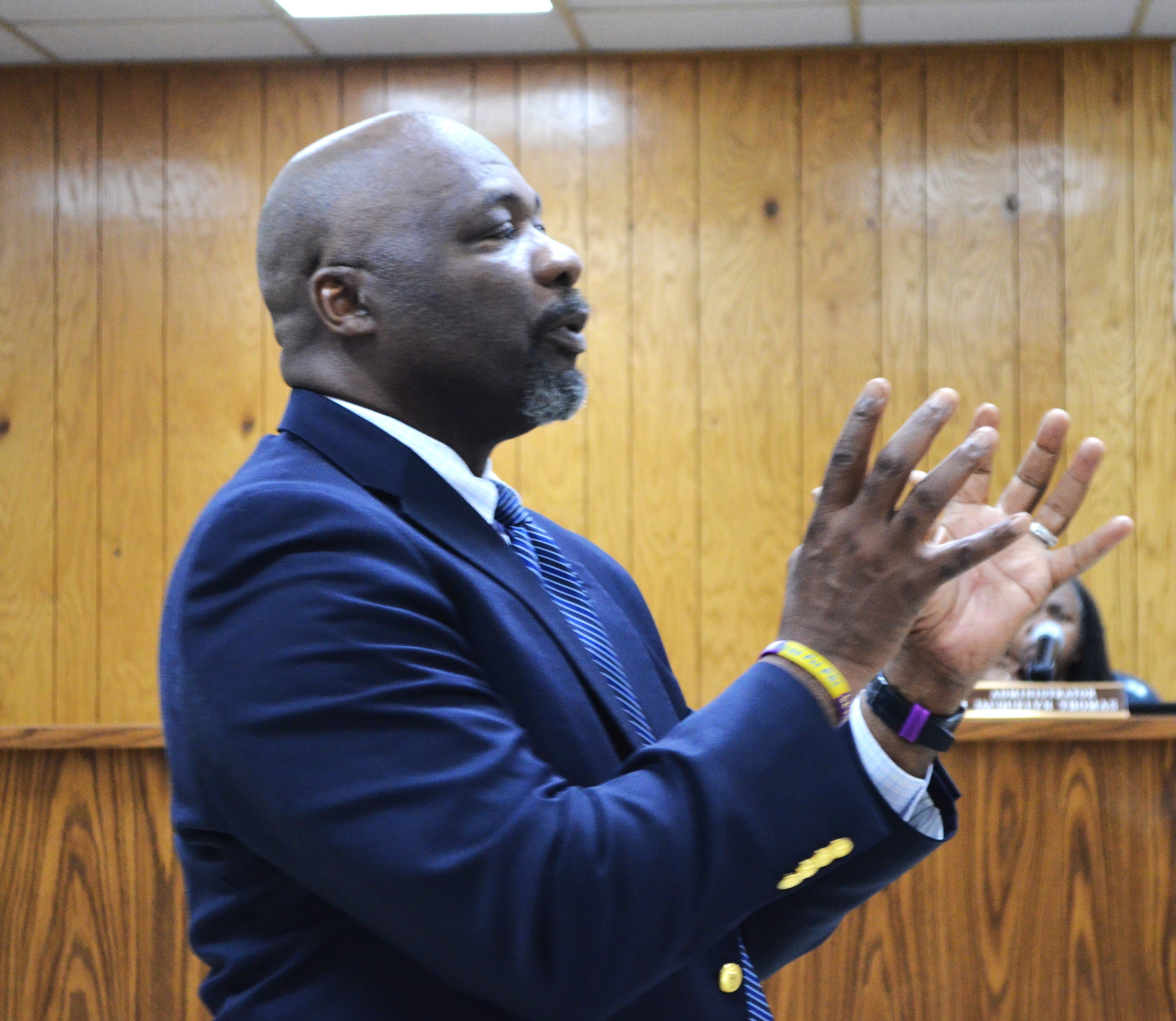Commission hears DOJ wastewater agreement
Published 4:39 pm Wednesday, May 24, 2023
|
Getting your Trinity Audio player ready...
|
Updated June 7, 2023
The Lowndes County Commission received a detailed report from the U.S. Department of Justice (DOJ) May 22 regarding findings and subsequent agreement resulting from a probe into the Alabama Department of Public Health’s (ADPH) handling of wastewater issues in the county’s rural communities.
Daria Neal, deputy chief in the DOJ’s Civil Rights Division, addressed commissioners to present information about an agreement the DOJ and the U.S. Department of Health and Human Services reached with the ADPH after an 18-months investigation into whether the Alabama agency violated Title VI of the Civil Rights Act of 1964 and section 1837 of the Affordable Care Act.
“Recipients of federal funding, like ADPH, are prohibited from discriminating on the basis of race, color, or national origin in federally funded programs,” Neal said. “As you know residents of Lowndes County have endured health dangers and indignities from lack of access to basic sanitation for generations. The investigation revealed that ADPH’s enforcement of sanitation laws threatened residents of Lowndes County with criminal penalties and even potential property loss for sanitation conditions that they did not have the capacity to alleviate.”
Neal described the Alabama agency’s consistent pattern of inaction and/or neglect concerning the health risks associated with raw sewage.
“The investigation showed that despite the State’s awareness of these issues [and] the disproportionate burden and impact placed on black residents of Lowndes County, it failed to take meaningful actions to remedy those conditions,” Neal said.
The agency expressed a commitment to abate public health threats and improve onsite wastewater infrastructure. In light of the urgent health threats, she said the DOJ agreed to an interim resolution agreement with ADPH, requiring immediate actions by the state to suspend criminal enforcement of sanitation laws.
“The agreement requires the state to take multiple actions that fall within three major categories,” Neal said.
The ADPH issued this statement, “ADPH has been working in collaboration with others, including the Centers for Disease Control and Prevention (CDC), state universities, and local community groups to address the onsite sewage and other public health issues in Lowndes County. For clarification, the Department of Justice interim agreement (https://www.justice.gov/opa/press-release/file/1582566/download [justice.gov]) does not indicate a finding against ADPH. ADPH welcomes the agreement, as it allows us to advance efforts that were already underway to address the sewage issues in Lowndes County. ADPH maintains that no rights were violated by ADPH, and the Department of Justice affirmed that in its settlement. “
The agreement calls for the ADPH to suspend criminal penalties and liens related to sanitation conditions, expand public health awareness, and plan for equitable, onsite wastewater solutions.
Barbara Stampwell with the U.S. Health and Human Services Office for Civil Rights explained details of the agreement.
“Our mission is to ensure equal access to health care without discrimination,” Stampwell said. “Underneath the agreement, ADPH has agreed to suspend criminal enforcement of sanitation laws that disproportionately penalize residents,” Stampwell said. “This means Lowndes County residents do not have to live in fear of criminal penalties for not having a septic system that can work in the challenging blackbelt soil.”
Stampwell explained that the ADPH will cooperate with the U.S. Centers for Disease Control and Prevention (CDC) to measure levels of health risks different populations in the county are experiencing from exposure to raw sewage and to collect information on soil conditions, lto size, and clear title to real property. The information will be used to develop sustainable solutions, she added.
Commissioners and citizens asked questions about who would oversee the Alabama agency’s compliance with the agreement. Many expressed distrust for the agency they felt had failed them for more than three decades.
Lowndes County Unincorporated Wastewater Board President Carmelita Arnold explained the board’s role in working toward solutions. Board member Elbert Means requested the DOJ keep the board involved and informed in the process of working through the agreement requirements.
“The county commissioners appointed us to make sure this gets done,” Means said. “The county commissioners have appointed us as the official board and if anything is happening with wastewater, we would like direct contact with you all on that.”
In other business, the commission
- Received information from the Mid-South FC&D Council on available grants;
- Discussed a bid to replace door locks and security equipment at the Lowndes County jail and tabled a decision on granting a funding request for further discussion with the vendor; and
- Entered executive session to discuss the good name and character of a county employee with no decision resulting from the session.
The next Lowndes County Commission meeting will take place on June 5 at 10 a.m.









